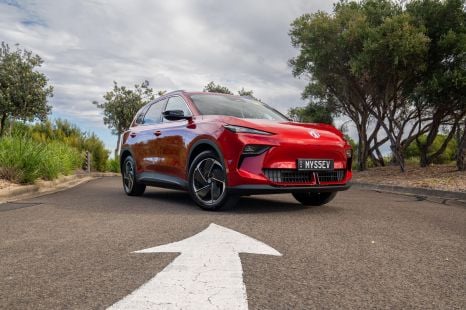

Andrew Maclean
5 Days Ago
BMW will introduce its first vehicles using the Android Automotive infotainment operating system in March 2023.
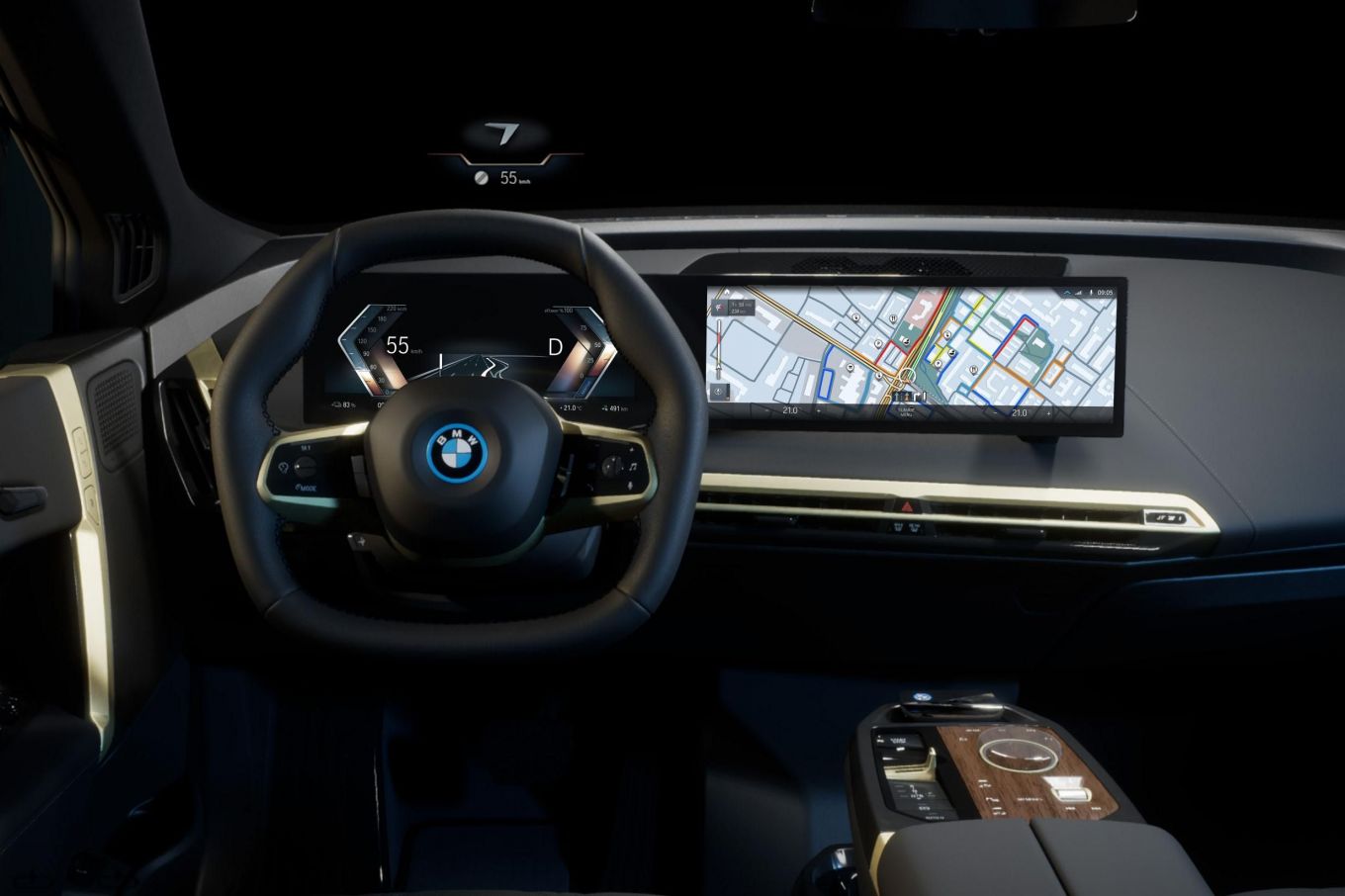
The BMW Group is the latest automaker to announce it’ll use the Android Automotive operating system.
The company says it’s “expanding its current BMW Operating System 8” and integrating Android Automotive OS into certain model lines from March 2023.
At this stage it’s unclear what BMW models will receive this Google-owned infotainment operating system.
All other BMW models will retain the current Linux-based infotainment operating system for now, and for a period of time the German automaker will offer both systems.
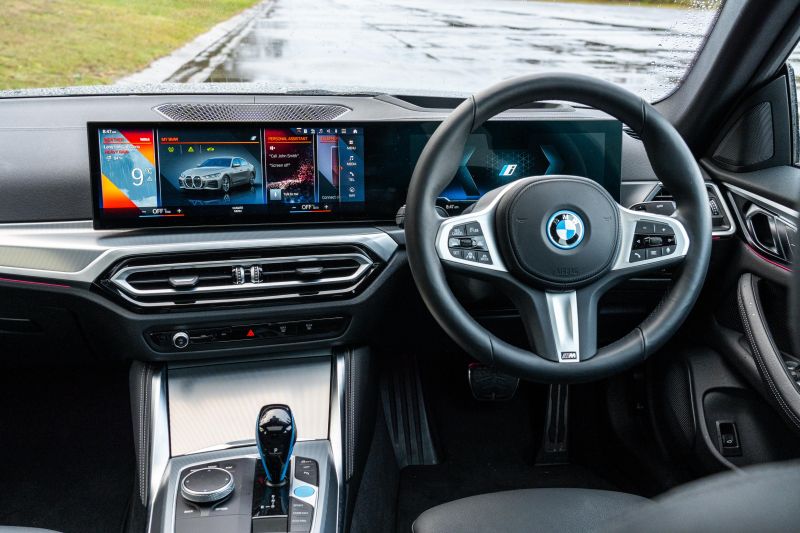
BMW says the new Android Automotive OS will “enable the infotainment system to be individually configured”. It will also bring “tailored, individual and expanded digital features and options”.
It remains to be seen what new infotainment features and options these BMW models will gain with Android Automotive.
It’s also unclear if the new operating system will look any different from the existing Linux-based operating system as BMW hasn’t released any photos yet.
“We are integrating the best aspects of all worlds – that could be our own in-house developments, Open Source or commercial software products, depending on what the specific solution looks like,” said BMW Group lead developer for digital driving experience, Stephan Durach.
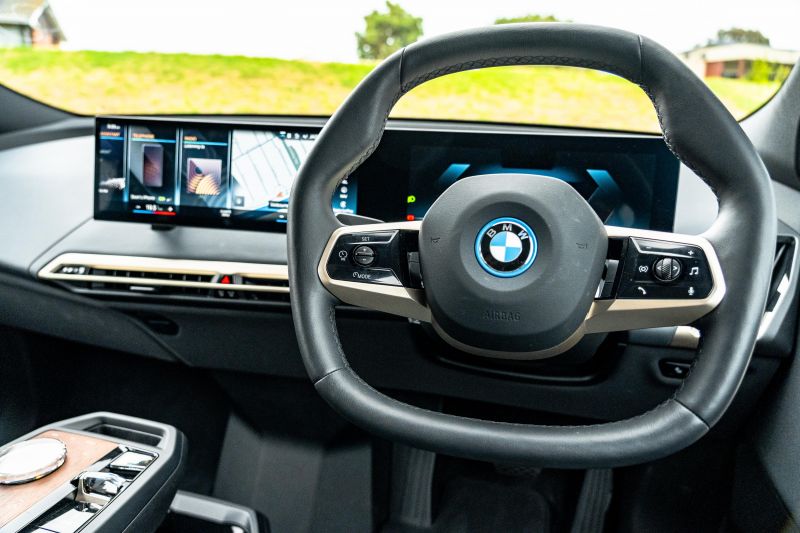
“We make sure our customers always enjoy a unique, customised digital experience in their vehicle.”
Like current BMW models with the Linux-based operating system, the BMW models with Android Automotive will be able to receive over-the-air updates at “regular intervals”.
BMW isn’t the first to announce that its cars will be receiving the Android Automotive OS.
The technology was first used in the Polestar 2 and has since populated to vehicles such as the Volvo XC40 Recharge, GMC Hummer EV and Renault Megane E-Tech Electric.
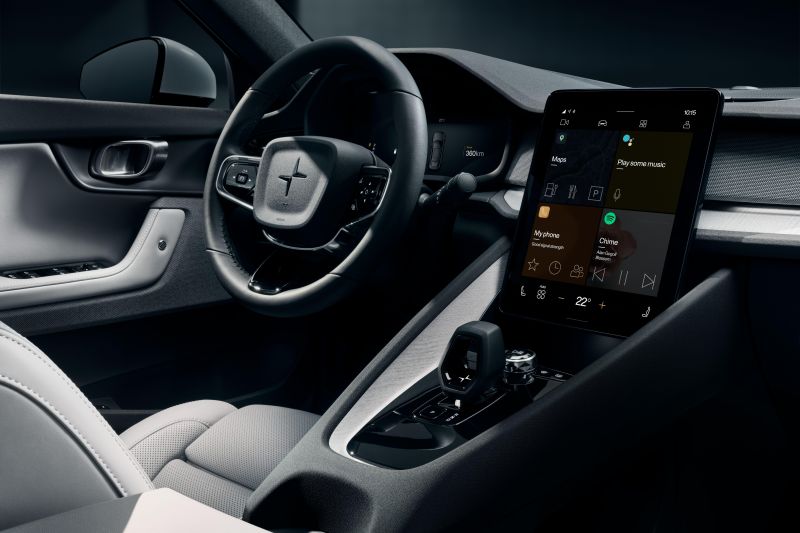
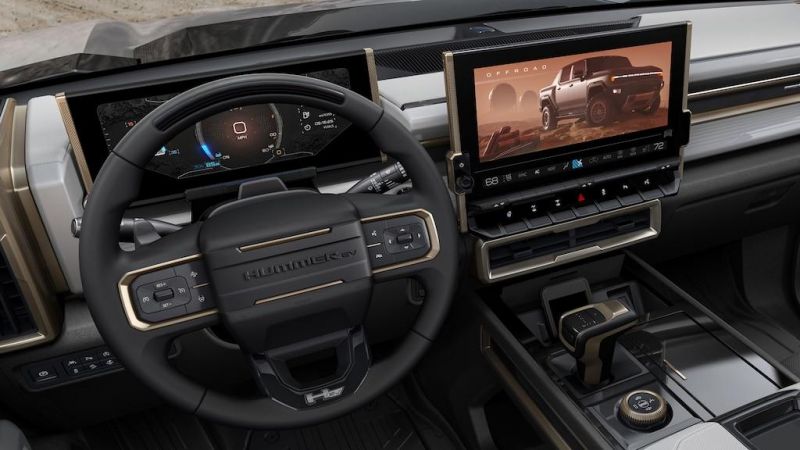
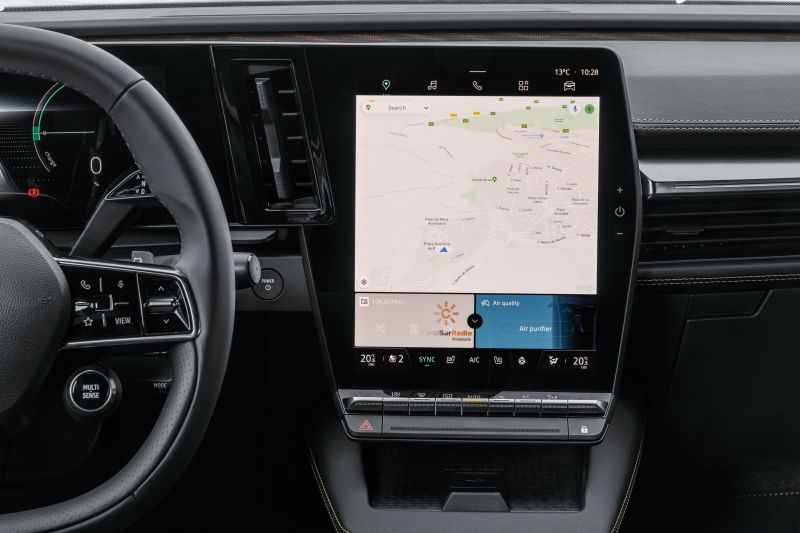
In February 2021, Ford Motor Company announced it was partnering with Google and would implement Android Automotive OS into Ford and Lincoln vehicles from 2023.
Volvo also announced in April 2022 that all its car models will have Android Automotive OS from the 2023 model year.
It’s worth noting that Android Automotive isn’t the same as Android Auto, which has been around for longer.
Android Auto runs on your smartphone and displays apps and notifications on your car display, whereas Android Automotive is the infotainment’s operating system itself and doesn’t require your smartphone to be connected.
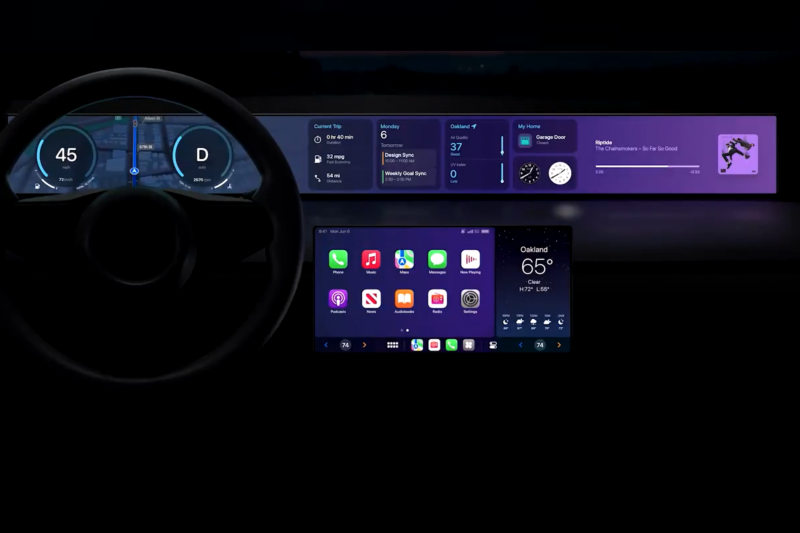
Although Google may seem to be rival-free with its Android Automotive OS, Apple is hot on its tail with a next-generation version of Apple CarPlay that will offer deeper integration into areas like the digital instrument cluster and climate control.
Apple announced this at its latest Worldwide Developers Conference (WWDC) and has already confirmed Audi, Ford, Honda, Jaguar Land Rover, Infiniti, Mercedes-Benz, Nissan, Polestar, Porsche, Renault and Volvo are working to integrate the system in their next-generation vehicles.
The first cars featuring this next-generation Apple CarPlay system will debut in late 2023, though it’s not yet clear if it will be run solely from a phone, or whether it’ll be integrated more deeply into the vehicle.
MORE: Android Auto v Android Automotive: What’s the difference? MORE: Ford to use Android operating system from 2023 MORE: Volvo adds Android Automotive to all models MORE: Apple CarPlay: Deep dive into the next generation
Take advantage of Australia's BIGGEST new car website to find a great deal on a BMW.
Jack Quick is an automotive journalist based in Melbourne. Jack studied journalism and photography at Deakin University in Burwood, and previously represented the university in dance nationally. In his spare time, he loves to pump Charli XCX and play a bit of Grand Theft Auto. He’s also the proud owner of a blue, manual 2020 Suzuki Jimny.


Andrew Maclean
5 Days Ago
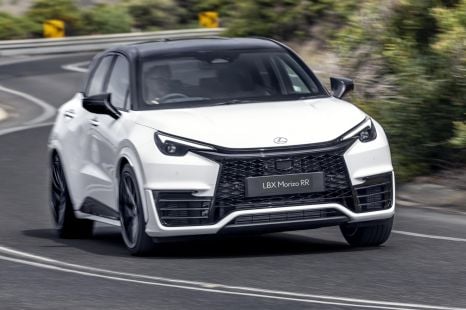

Josh Nevett
8
5 Days Ago
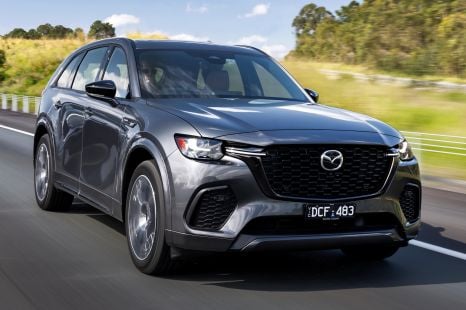

Jack Quick
7.9
4 Days Ago
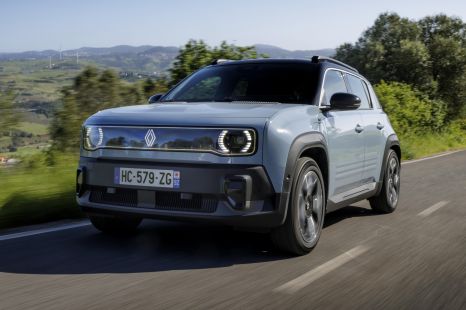

Neil Briscoe
3 Days Ago
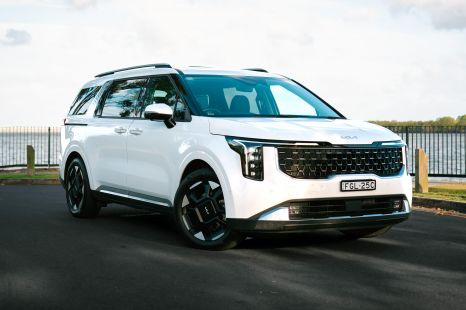

William Stopford
8.5
2 Days Ago
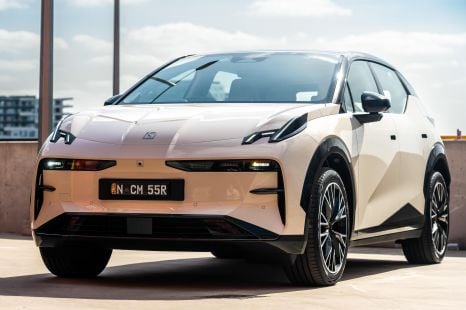

James Wong
7.9
15 Hours Ago